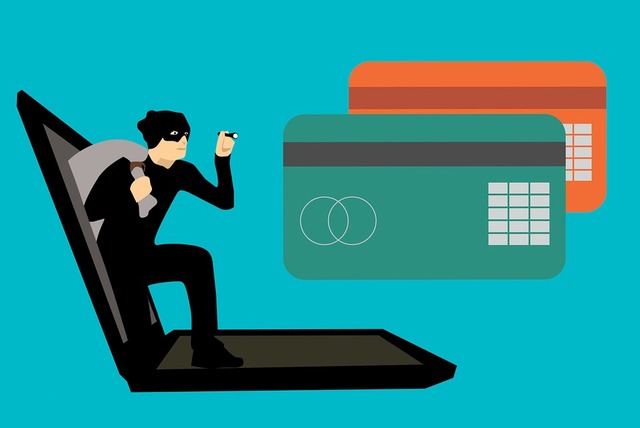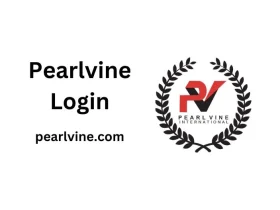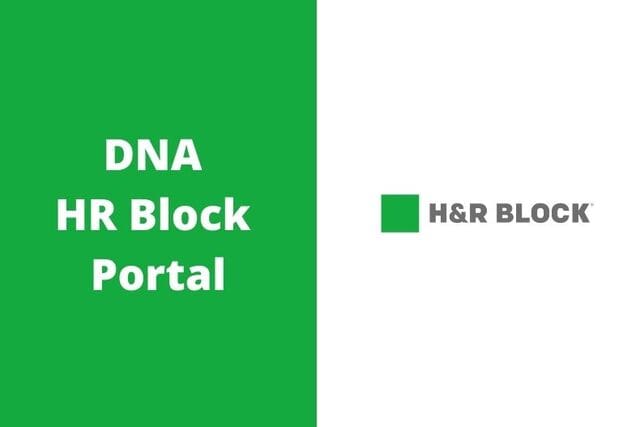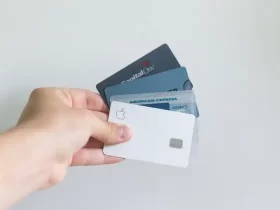Credit card phishing is not something to worry about unless you actually get swindled. The vast majority of people do not fall victim to these tricks.

Three-quarters of all adults say they have fallen victim to phishing scams in the past year, and every third adult regularly checks their credit reports online. More than half (55%) say they do so frequently or very frequently, making it a vital task for many people in their daily lives.
We are all exposed to phishing scams, but there are some things we can do to keep ourselves safe from them.
What Is Credit Card Phishing?
Phishing scams, in use for years but can still trick many people into giving up financial information or installing malicious software that can take over their accounts.
Phishing is a tactic used by cybercriminals in order to steal credit card numbers and other sensitive information from unsuspecting computer users. It is also a form of cyber-crime, social engineering, and identity theft. Identifying credit card fishing is crucial if you want to keep your computer and personal information safe from being compromised by these malicious individuals of society.
Credit Card Phishing Tactics
If you’ve ever received an email from your bank, PayPal, or another service that is familiar to you but slightly off, you may have been a target of a phishing scam.
People who run these scams are trying to get your personal information through what looks like an official channel. They try to trick you into believing their fake email is the real one so that they can access your accounts, steal your money and leave you in the lurch.
They will do this by posing as someone trustworthy with whom you already have a relationship. There is an inherent hope that you are careless enough to click on their links without thinking twice about it. These sites can be convincing, with logos and text painstakingly designed to look exactly similar to the site they are pretending to be.
Phishing emails are surprisingly easy for scammers to set up. They will use web templates with designs premade for major financial institutions or services and fill the blanks with the target’s name or other personal details.
How to Protect Against Credit Card Phishing?
Thieves can get access to your personal information in numerous ways. They may call you on the phone, trick you into opening a link or clicking on a message that directs you to a fake website, steal it from your email account, or even copy it straight off the internet.
Armed with this information, they can apply for credit cards in your name and transfer foreign accounts. With all of these stolen accounts in hand, they then get access to your money and use it to buy big-ticket items like cars and homes.
When credit card fraud happens to you, you probably get scared and are unsure how to proceed. You don’t know how much it will cost you until the perpetrator begins using their new credit cards to rack up charges in your name.
If you face the same, you should not try to fight the chargeback process yourself. Seek help from various entities like payback which work in this domain. They can put up a case to get back your money.
Unsolicited Emails and Offers
Scammers love to use phishing to get your information. A phishing scam is when you receive something to trick you into giving up personal information.
When should you be careful? Any that email or message that:
- Are unsolicited
- Use urgent language that makes you feel like time is running out
- Are from someone who doesn’t use a real name
Avoid Links or Downloading Attachments
When it comes to online shopping, we can’t be too careful. We plug our credit card information into links that look like they come from legitimate companies. However, one security lapse can cost you your money. When it gets executed through credit cards on your computer, you will need all the help you can get.
When you see a link of any kind in an email, text message, or other communication that looks suspicious, don’t click on it unless you know it’s legitimate.
Ensure Security of Your Computer
Of course, it’s best to take all of these precautions even before you first use one of your new devices. It is a very tempting time when you transition from just using a mobile phone or tablet to being responsible for an expensive computer.
Most of us live with uncertain job prospects and little wage growth in this economically precarious time. Many people get forced to make do with less than ideal gear and work with their equipment until it’s no longer functional.
It is important you keep up-to-date on your security software and follow its guidelines. Many programs have updates available immediately online, and simply downloading them is enough to get everything up-to-date. Some antivirus programs have a system that will notify you when something is outdated, so check there often.
The more secure the software on your computer, the safer you will be from cyber attacks such as phishing scams. You can ensure every single one of your devices has up-to-date security software!
Phishing is a common form of cybercrime, but you can protect yourself by remembering to stop, think, and verify that the email or offer is legitimate.












Leave a Reply